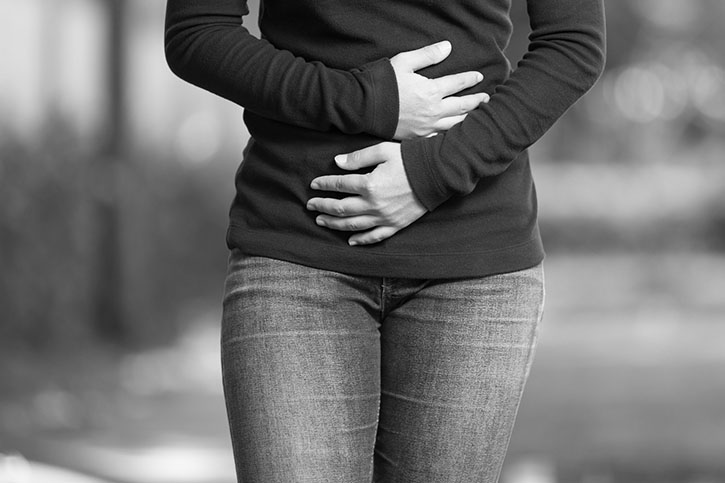Morning sickness is a common symptom of early pregnancy and, in many cases, goes away by the end of the first three months. It is caused by changes in hormones during pregnancy.
So, what do you need to know about morning sickness? Check our handy guide below to find out.
What causes morning sickness?
The exact cause of morning sickness is unknown. However, a number of different causes have been suggested, including:
- Increased estrogen levels — changes in levels of the female sex hormone estrogen during the early stages of pregnancy may cause short-term nausea and vomiting.
- Increased human chorionic gonadotrophin (hCG) levels — a hormone the body begins to produce after conception.
- Nutritional deficiency — a lack of vitamin B6 in the diet is thought to be another possible cause.
- Gastric problems — progesterone is a hormone that helps prepare the womb for pregnancy and protects the womb lining. As progesterone production increases this may affect the tone in the lower oesophagus affecting the valve into the stomach causing nausea.
Duration
Morning sickness usually starts to get better after the three to four months of pregnancy. However, some women continue to experience nausea for a longer period. Morning sickness is sometimes considered to be a minor inconvenience of pregnancy, but it can have a significant, negative effect on an expectant mother’s day-to-day activities and quality of life. It can often be treated by making dietary changes and taking plenty of rest. Furthermore, in more severe cases, there are some medicines that can be used.
Morning sickness tips
For a more extensive look at morning sickness, check out these helpful morning sickness remedies or our tips for dealing with morning sickness. Otherwise, read some other handy tips below:
- Eat smaller meals more often. Missing meals can make nausea worse.
- Avoid large drinks. Have frequent small drinks between meals.
- Limit fatty, spicy and fried foods.
- Be aware food has a stronger odour or smell when it is heated, which may make nausea worse. If possible, have other people help with cooking, or prepare your food at times of the day when you feel better.
- Try eating a dry biscuit before you get out of bed in the morning.
- Eating a healthy snack before you go to bed at night.
- Try ginger tablets, dry ginger ale, peppermint tea or ginger tea (put 3 or 4 slices of fresh ginger in hot water for 5 minutes).
- Avoid foods if their taste, smell or appearance makes you feel sick.
If you have any questions about your pregnancy, including morning sickness, please don’t hesitate to get in touch.
Dr Bevan Brown is one of the most trusted gynaecologist and obstetricians in Sydney. Personalised care and strong relationships with our patients is of utmost importance!
